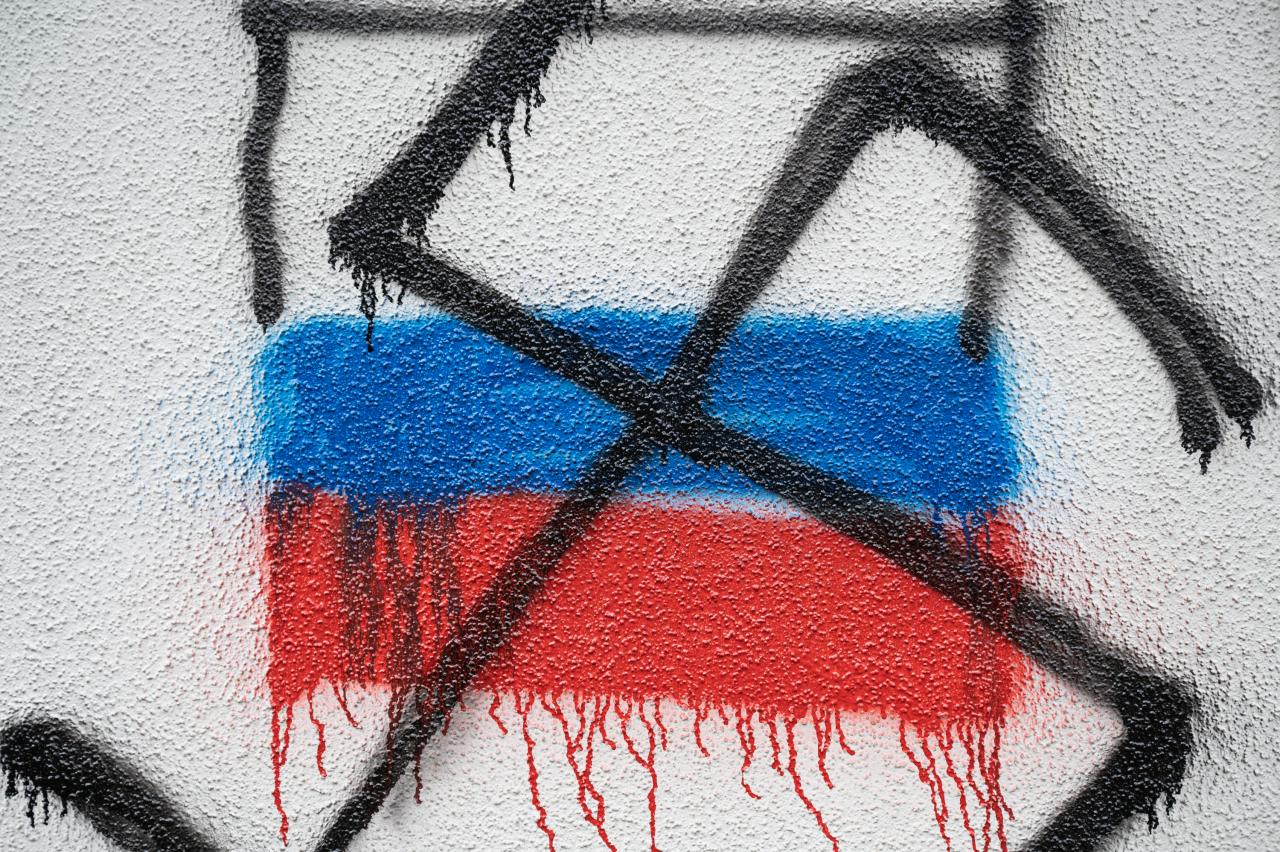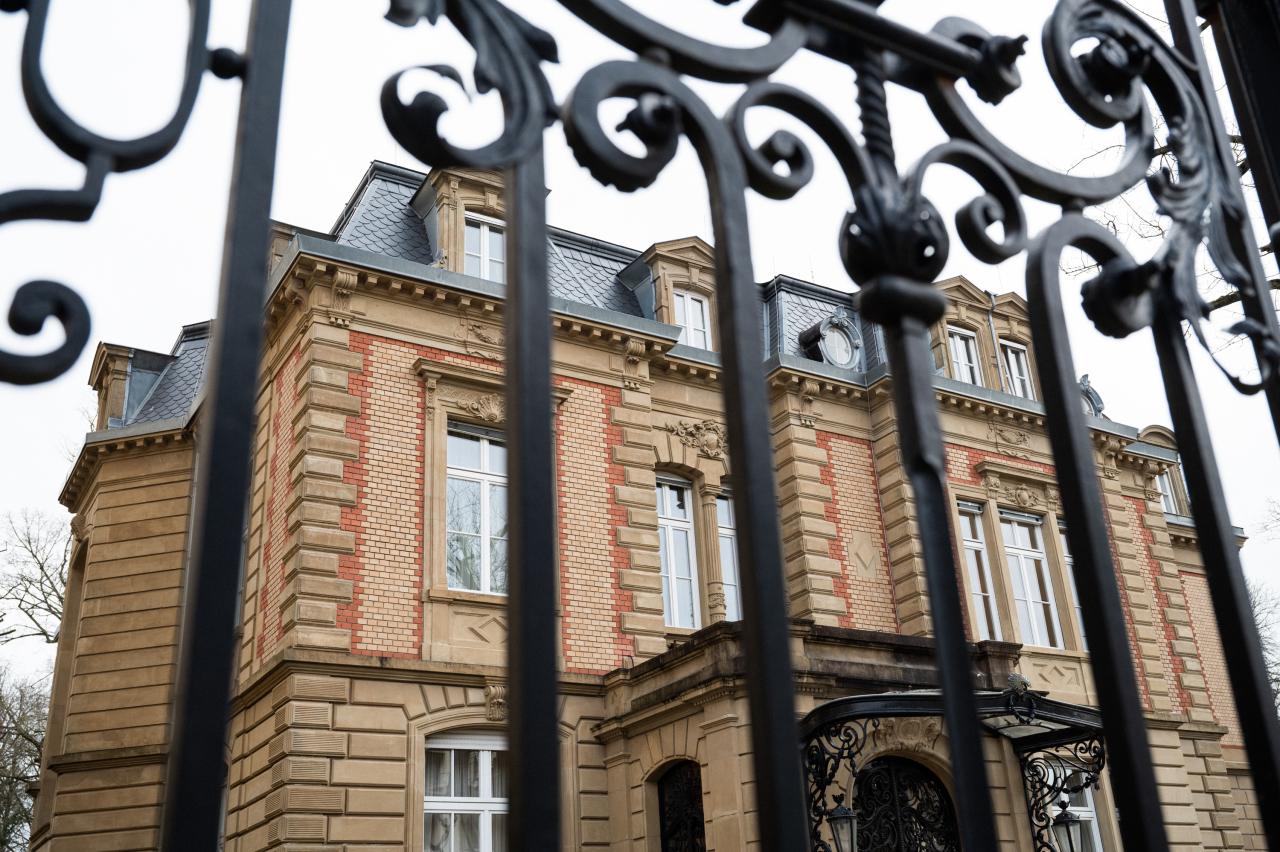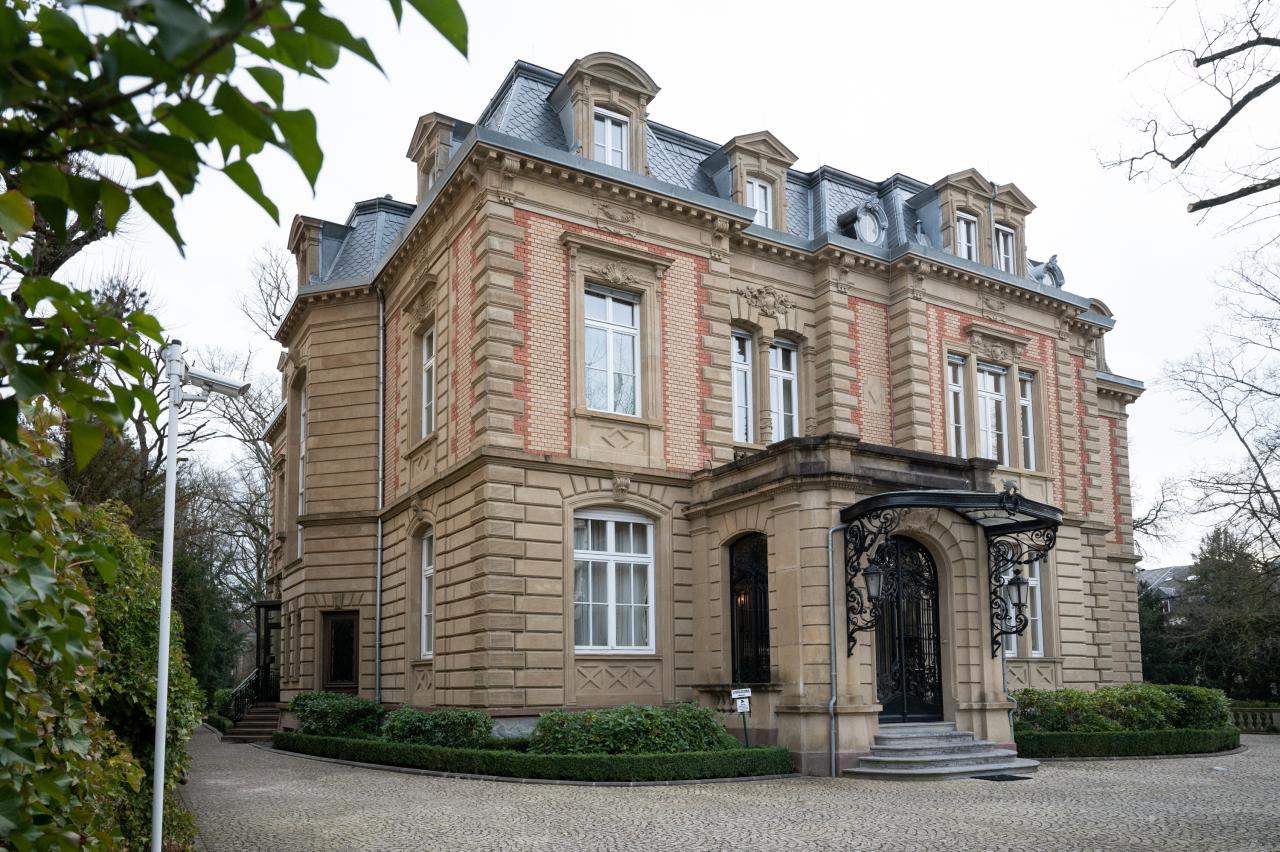
Listen to this article
Several Luxembourg government and company websites were paralysed by hacker groups on Thursday. Some media were also affected, including www.journal.lu.
The attack was a so-called DDoS attack (Distributed Denial of Service), in which servers are paralysed by programmed "bots" calling them up so often that they are overloaded and collapse. Pro-Russian hackers are claiming responsibility for the attack, according to a message circulated on Twitter and Telegram.
In the statement, Luxembourg is described as a "dwarf state" which, like its EU neighbours, has decided to participate in the Czech initiative to "purchase ammunition for Bandera's supporters" ("this dwarf state, despite its, to put it mildly, modest size, decided, like is neighbors in the EU, to dance the tune if the West and became involved in the Czech initiative to purchase shells for Bandera's supporters"). The letter ends with the words "Glory to Russia".
It alludes to an international co-operation initiative launched by the Czech Republic to purchase a total of 800,000 rounds of artillery ammunition in non-EU countries and make them available to Ukraine. Luxembourg had agreed to contribute financially to this project and is currently coordinating with Belgium and the Netherlands.
Stepan Bandera was a partisan leader who is revered as a hero in parts of Ukraine and is at the centre of the propagandistic Russian accusation that Ukraine is ruled by Nazis and must be de-Nazified.
Prime Minister Luc Frieden convened a crisis cell on Thursday under the leadership of the Minister for Digitalisation, Stephanie Obertin. They told Wort that the attacks had nothing to do with the visit of the Ukrainian prime minister, who was only in Luxembourg on Tuesday. Government experts knew where the attack had come from, Luc Frieden told the press on Thursday evening. However, he did not want to reveal the motives behind it: "It is not useful to advertise to those behind it." The aim of such cyberattacks is usually to steal sensitive data. The government confirmed that this was prevented in the attack on Luxembourg's IT network.
"Since the beginning of Russia's war of aggression against Ukraine, our journalists have been reporting critically on the situation and its consequences. […] We will not be deterred by this."
Since the beginning of the invasion, Luxembourg has been expecting to be affected by Russia's digital warfare. In the article The Fifth Battlefield by our journalist Misch Pautsch, Paul Rhein, Director of the Governmental Computer Emergency Response Team (GOVCERT), warned against underestimating Russia's cyber capabilities: "We still consider the Russians to be extremely capable. In the past, groups such as Fancy Bear or Conti have proven that they can be very effective in the cybercrime sector."
Luxembourg has now experienced cybercrime first-hand for the first time on such a visible scale for the public. In addition to trying to steal data, the aim of hackers is clearly to gain visibility and intimidate people. Only on Wednesday, we published research on journal.lu on how Russia is skilfully circumventing EU sanctions. Since the beginning of Russia's war of aggression against Ukraine, our journalists have been reporting critically on the situation and its consequences (you can find an overview here). We can only speculate as to whether the publication of the article on the day before the attack was the reason for the specific attack on our website. Nevertheless, such situations demonstrate the fragility of press freedom.
However, we will not be deterred by this and will continue to report critically, always with an attentive eye on possible solutions.












